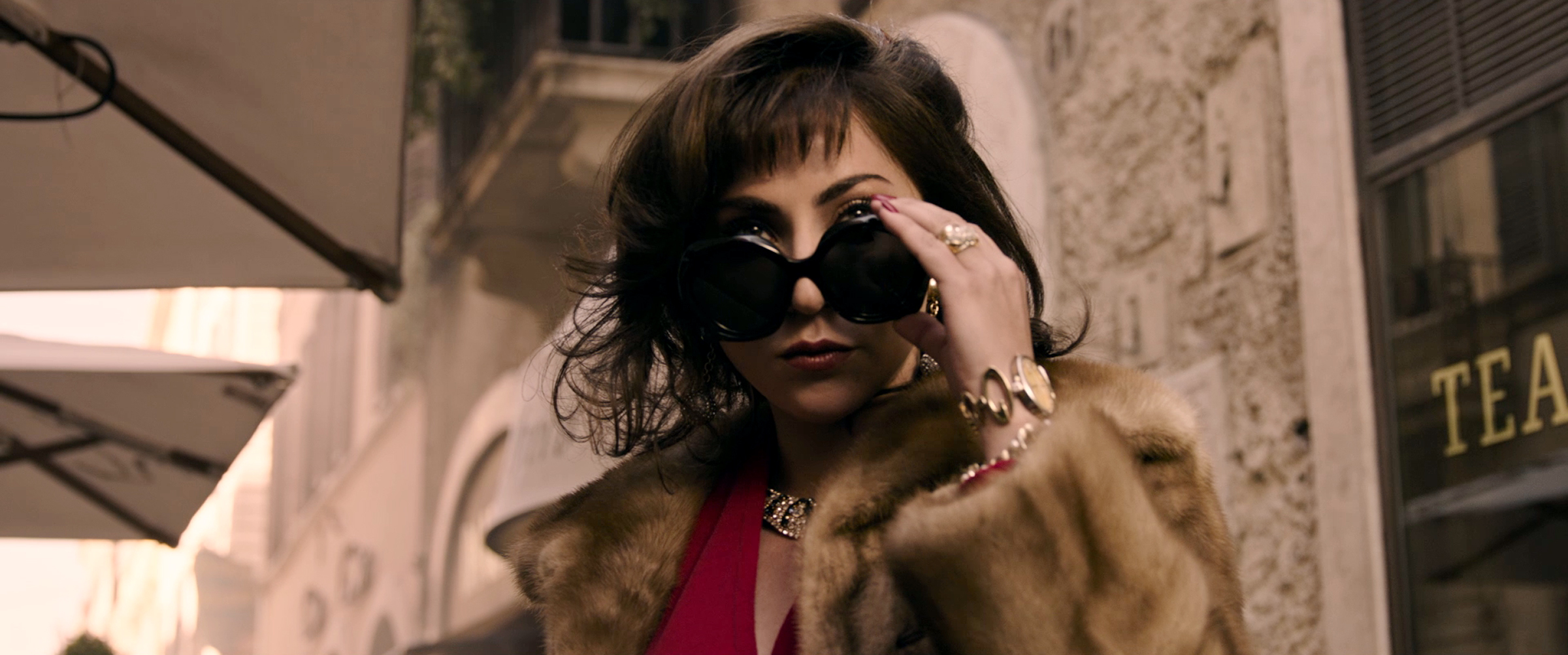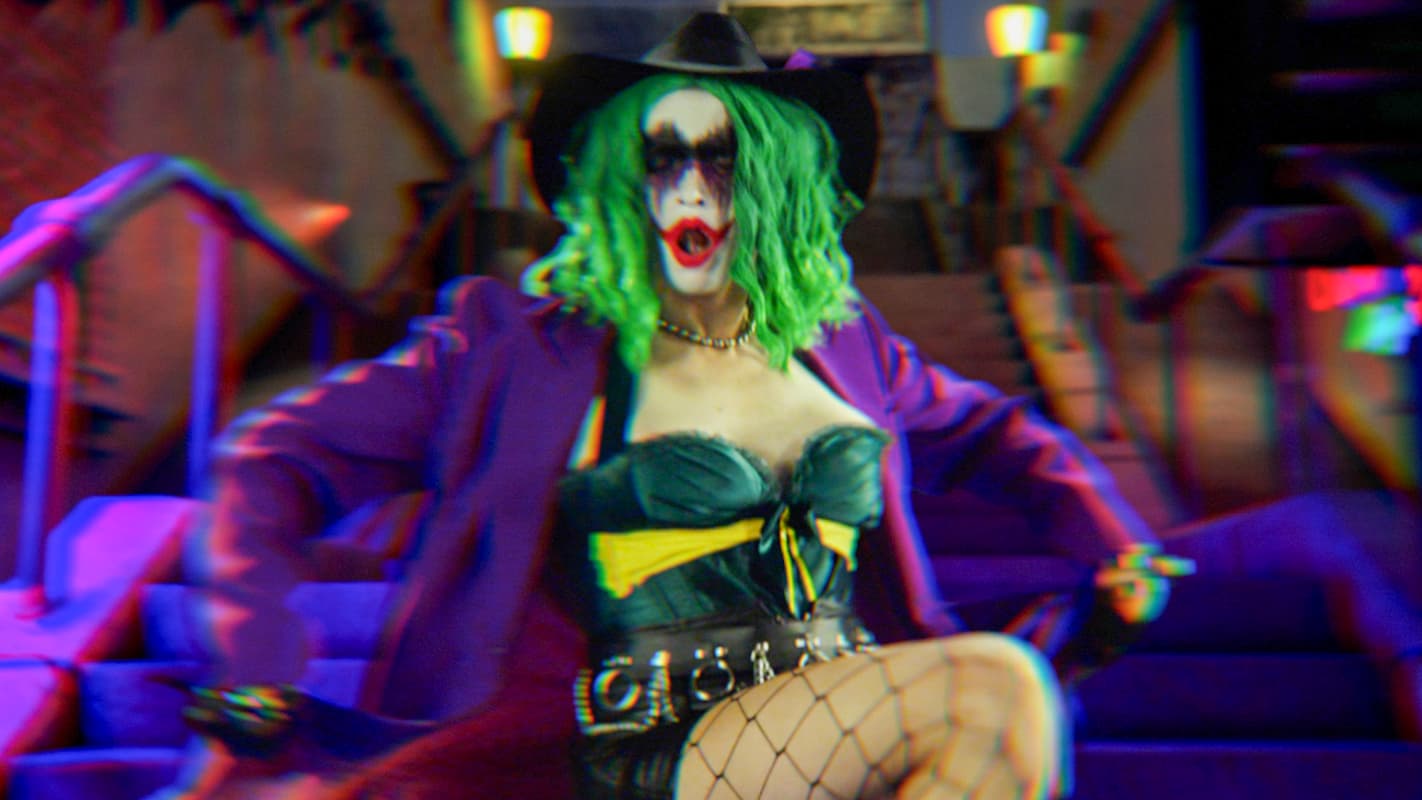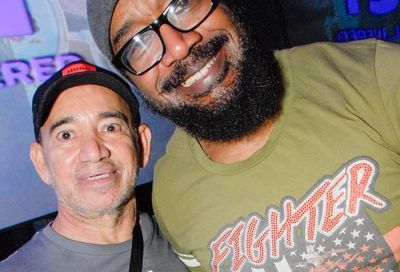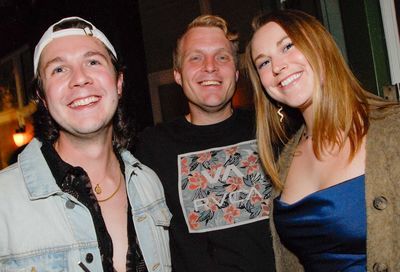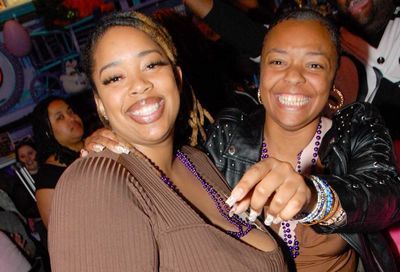Movie Review: House of Gucci’s accents are truly a spectacle unto themselves
Al Pacino carries the soul and scope of Ridley Scott's erratic, overlong, and clunky "House of Gucci."

As convicted schemer Patrizia Reggiani intones over the prologue to Ridley Scott’s erratic House of Gucci (★★☆☆☆), the famous family name was both a gift and a curse.
So are the cast’s Italian accents, truly a spectacle unto themselves. In Lady Gaga’s vivid portrayal of Italy’s notorious “Black Widow,” Patrizia sounds as likely to hail from eastern Europe as from near Milan, where, in 1978, she meets Gucci heir, Maurizio Gucci, played by Adam Driver with a light Continental sing-song.
Jeremy Irons tries a few different approaches to the Tuscan accent of Maurizio’s irascible father, Rodolfo Gucci, from not using one, to inexplicably dropping “Uh, how do you say?” into a conversation where Italian Rodolfo struggles to come up with the right English words to express himself to another Italian.
Playing Rodolfo’s brother Aldo, who runs the family’s fashion empire from his base in New York City, Al Pacino fares best on vocals, burnishing his signature growly delivery with a consistent Italianate lilt.
But the pièce de résistance here is, of course, the reliably overstated Jared Leto, portraying Aldo’s nebbishy son Paolo with the flamboyant air and diction of Bela Lugosi doing a Christopher Walken impression. It’s painful to watch, yet impossible to look away from, adding to the movie’s entertainment value while undermining its credibility.

Like Gaga, Leto is 100% committed to whatever it is-a that he’s-a doing-a, his fashionable face and figure swimming under a fat-suit, pounds of makeup, and an assortment of garish leisure suits.
To some degree, the jaw-dropping overacting suits the story. Paolo is meant to be a laughing stock in this ersatz Corleone family portrait, though he’s not a poignantly sad Fredo-esque buffoon. He’s just a dolt with bad taste and worse judgment, readily manipulated by Patrizia, who marries Maurizio, then shrewdly pursues absolute power over the House the Gucci’s built.
Gaga’s commitment to her outsize portrayal mostly pays off, lending Patrizia a riveting tenacity, first in her quest to rule alongside Maurizio, then in her hell-bent determination to punish him for leaving her. Ultimately doomed, Maurizio nevertheless is portrayed as no victim.
The film, written by Becky Johnston and Roberto Bentivegna, based on Sara Gay Forden’s 2001 book, pretty much has him switch on a dime from studious and sweet-natured, to condescending rich prick who can’t be rid of Patrizia soon enough.
Driver finds a beat in between to convey Maurizio simply outgrowing their whirlwind romance, but House of Gucci still feels disjointed, a dramatic rise and abrupt fall with no real middle, despite its lengthy runtime.
If any performance in the film does bridge the two halves, it’s Pacino’s. The old master carries the soul and scope of the story, as Uncle Aldo welcomes Patrizia into the warm embrace of this eccentric family, while also representing the ruthlessness that built their wealth and power over decades.
Aldo suffers the sting of Patrizia’s betrayal most sharply, and Pacino registers his shock and dismay in the film’s most emotionally impactful scene, and its funniest. Were it not for Aldo, this whole thing might just go down as an expensive costume party, where designer Tom Ford (Reeve Carney) and Gucci family consigliere Domenico De Sole (Jack Huston) coolly sweep in to clean up the mess.
Presenting Ford as the white knight who rides in at sundown and rescues the brand, House of Gucci begins to suggest it’s only been in the business of Ford propaganda all along, settling his and De Sole’s scores, before it suddenly returns to the murder-for-hire plot that we came to see.
Then, building weakly to a criminal climax, the movie just ends. Scott definitely held a tighter rein over the narrative, and the elocution, in his other star-studded period drama released this year, The Last Duel, set in medieval France. None of the actors there used a French accent, but the scenery and the story made it out alive.
House of Gucci opens in theaters everywhere Wednesday, Nov. 24. Visit www.fandango.com.
Read Next
Movie Review: Ridley Scott’s ‘The Last Duel’
How Julia Child changed America’s relationship to food (and PBS)
LGBTQ Movie Review: ‘Little Girl’ captures trans youth’s struggle to be recognized
Support Metro Weekly’s Journalism
These are challenging times for news organizations. And yet it’s crucial we stay active and provide vital resources and information to both our local readers and the world. So won’t you please take a moment and consider supporting Metro Weekly with a membership? For as little as $5 a month, you can help ensure Metro Weekly magazine and MetroWeekly.com remain free, viable resources as we provide the best, most diverse, culturally-resonant LGBTQ coverage in both the D.C. region and around the world. Memberships come with exclusive perks and discounts, your own personal digital delivery of each week’s magazine (and an archive), access to our Member's Lounge when it launches this fall, and exclusive members-only items like Metro Weekly Membership Mugs and Tote Bags! Check out all our membership levels here and please join us today!



